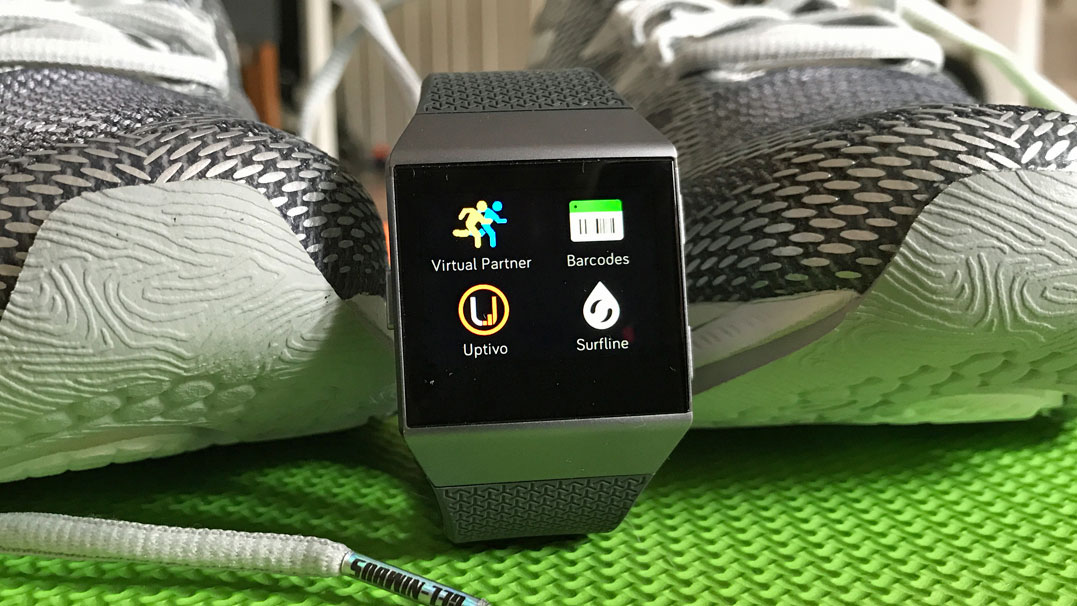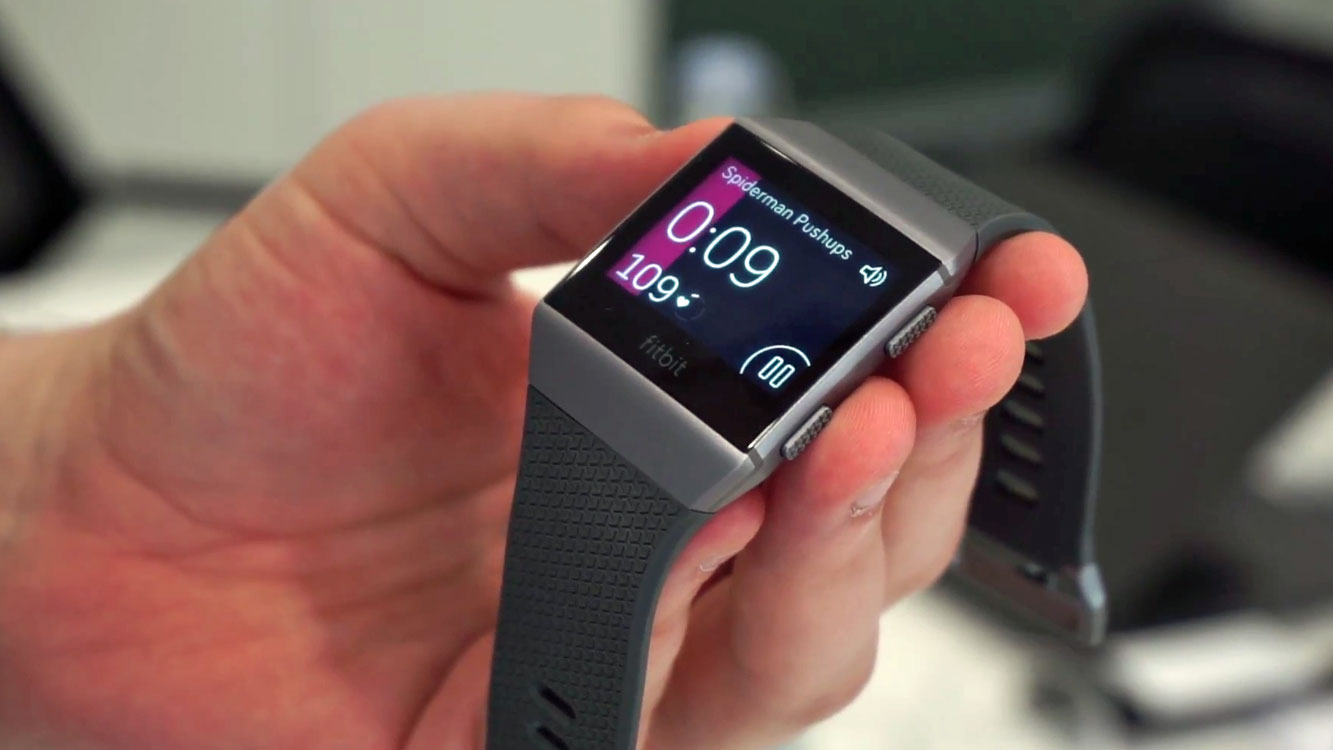Fitbit recalls over a million Ionic smartwatches over burn hazard – what you need to know

Sign up for breaking news, reviews, opinion, top tech deals, and more.
You are now subscribed
Your newsletter sign-up was successful
Fitbit has voluntarily recalled all of its Ionic smartwatches due to a risk of burns. The company says it's received a number of reports where the watch's lithium ion battery has overheated, injuring the wearer, and has decided to recall the watches in the interest of safety.
The Fitbit Ionic is one of the company's older watches. It launched in September 2017, and production stopped in 2020. Over a million of the devices were sold in the US, and a further 693,000 were sold internationally.
According to details published by the US Consumer Product Safety Commission, Fitbit received at least 115 reports of the watch's battery overheating in the US, and 59 internationally. There were 78 reports of burn injuries in the US, including two reports of third-degree burns, and four reports of second-degree burns. 40 burns were reported internationally.
What you need to do
If you own a Fitbit Ionic, you should stop using it straight away – even if it's working normally and doesn't feel hot – and contact Fitbit for a refund.
If you live in the US, you can call the company on 888-925-1764, and if you're in the UK you can call 0800 048 5842. Fitbit has also set up a dedicated support page for Ionic owners anywhere in the world, where you'll find instructions explaining how to claim your refund. After you complete the registration process, you should get your refund in three to six weeks.
"Ionic owners can dispose of their device by recycling it as they would any other electronic device or lithium ion battery," said Fitbit. "They shouldn’t be returned to stores."
If you're not sure whether your watch is an Ionic, turn it over and look for the model number FB503 on the back of the case, close to where the strap attaches. The problem doesn't affect any other Fitbit devices, so if you don't own an Ionic, you don't need to worry.
Sign up for breaking news, reviews, opinion, top tech deals, and more.

Why lithium batteries overheat
Lithium batteries are used in devices like smartwatches due to their compact size, and ability to be charged and discharged quickly, but they always carry a small risk of overheating under certain conditions. This could be due to damage, a short circuit, or unusually rapid charge or discharge.
If one cell overheats, there's a risk of a chain reaction called 'thermal runaway', where the increase in heat causes the neighbouring cells to also fail. There are no reports of Ionic watches catching fire, but if temperature rises high enough then it's possible that the flammable electrolyte solution within a lithium battery can ignite – as is the case with e-bike fires.
Always make sure you follow the manufacturer's instructions when using devices with rechargeable batteries to help avoid accidents.

Cat is TechRadar's Homes Editor specializing in kitchen appliances and smart home technology. She's been a tech journalist for 15 years, having worked on print magazines including PC Plus and PC Format, and is a Speciality Coffee Association (SCA) certified barista. Whether you want to invest in some smart lights or pick up a new espresso machine, she's the right person to help.